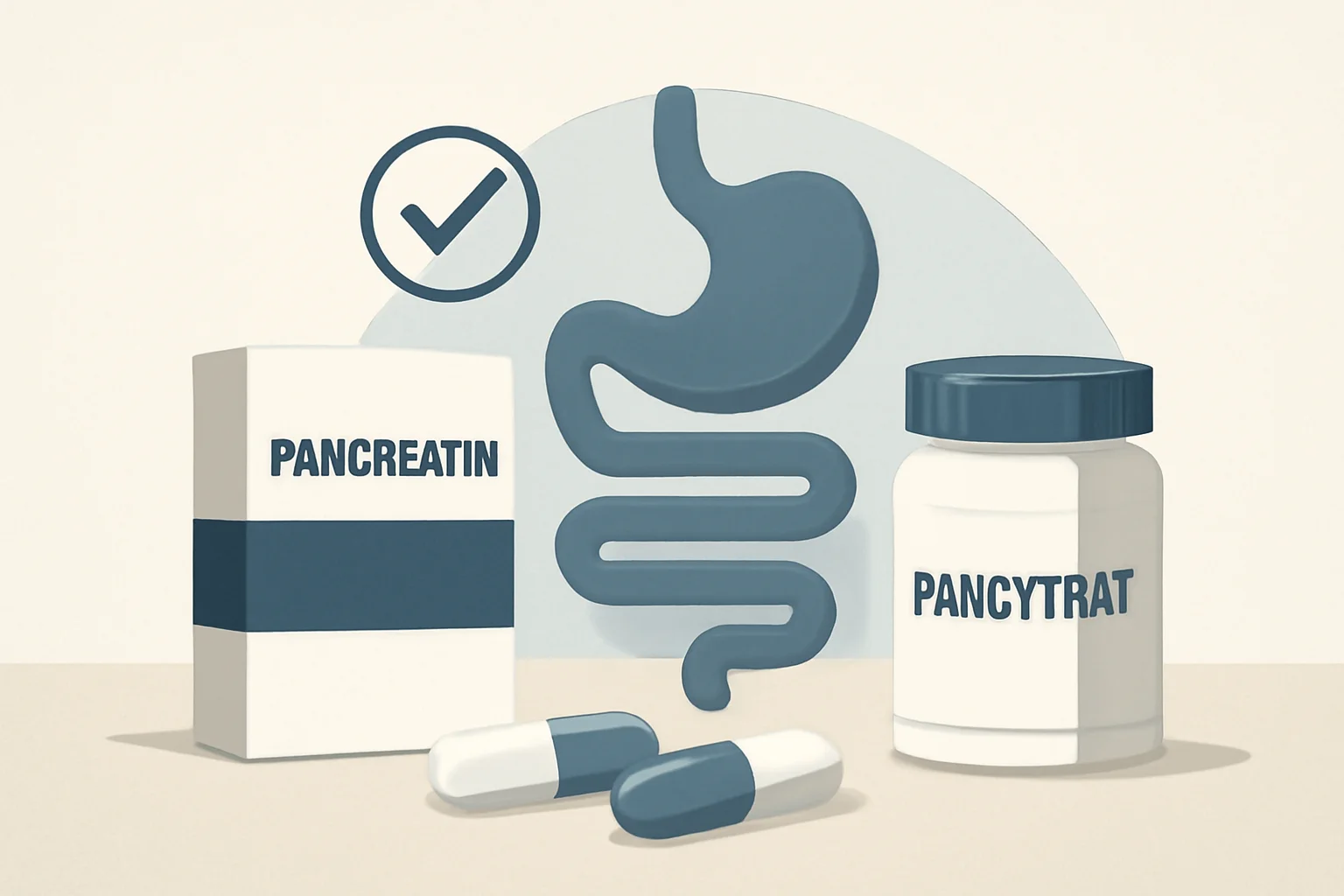
The Beneficial Effects of Dandelion Leaves on Our Health
The dandelion leaf, also known as Taraxacum, is one of the most widespread wild plants that blooms during the spring months. Although many consider it a weed, the dandelion has numerous beneficial effects that are worth exploring. In the diverse world of foods and beverages, locally sourced, natural ingredients are increasingly coming to the forefront, which are not only nutritious but also have positive effects on our health. The dandelion leaf is rich in nutrients and contains various vitamins, minerals, and antioxidants. This plant is valuable not only from a nutritional perspective but has also been traditionally used in folk medicine to treat various ailments.
In recent years, with the growing interest in natural remedies, the dandelion leaf has become increasingly popular. Many people are discovering how versatile and health-promoting this plant, often treated as a weed, can be. Dandelion is not only found in salads and teas but is also available in various dietary supplement forms. The beneficial effects of this plant are worth getting to know, as they positively impact not only our physical health but also our overall well-being.
The Nutritional Content and Benefits of Dandelion Leaf
Dandelion leaf is rich in nutrients that play a key role in maintaining health. Its high content of vitamins and minerals makes it particularly valuable. The leaf contains significant amounts of vitamin A, vitamin C, and various B vitamins, such as B1, B2, and B3. These vitamins contribute to the health of the skin, hair, and vision, as well as strengthen the immune system.
Dandelion leaf is also rich in minerals such as calcium, potassium, and iron. Calcium is essential for the health of bones and teeth, while potassium helps regulate blood pressure. Iron is vital for the formation of red blood cells, making it crucial for proper oxygen transport in the body.
Dandelion leaf also contains antioxidant compounds that help protect cells from free radicals. These compounds may reduce the risk of chronic diseases such as heart disease and cancer. The role of antioxidants is particularly important in modern lifestyles, which are often stressful and exposed to environmental pollution.
Regular consumption of dandelion leaf can also contribute to detoxification processes, as it stimulates liver function and aids in the elimination of waste products from the body. Additionally, it may play a role in maintaining gut health, as it contains prebiotic substances that nourish beneficial gut bacteria.
Dandelion Leaf in Folk Medicine
Dandelion leaf has long been popular in folk medicine, where it is used to treat various ailments. In traditional medicine, teas and tinctures made from dandelion leaves are used, which can help with various health issues such as digestive disorders, liver problems, and inflammation.
The main components of dandelion leaf, such as taraxacin and cichorin, have anti-inflammatory effects. These compounds can help reduce inflammation and alleviate pain. Additionally, dandelion leaf has diuretic properties, aiding in urination and reducing water retention, which can be particularly useful in preventing bloating and weight gain.
Modern science is increasingly examining the effects of dandelion leaf. Numerous studies focus on the healing properties of dandelion, and results indicate that the compounds found in the plant may inhibit the growth of certain cancer cells. Therefore, dandelion leaf is gaining attention not only in folk medicine but also in modern medical research.
Dandelion leaf can be consumed in various ways. It can be used in salads, smoothies, or cooked dishes, but is also available in the form of teas and tinctures. The leaf has a slightly bitter taste, so it is advisable to combine it with other vegetables or fruits to make consumption more enjoyable.
Dandelion Leaf and Immune System Strengthening
One of the prominent beneficial effects of dandelion leaf is its ability to strengthen the immune system. A healthy immune system is crucial for preventing diseases and maintaining the body’s defense capabilities. The vitamins, minerals, and antioxidants found in dandelion leaf work together to enhance the body’s defenses.
Vitamin C, which is present in significant amounts in dandelion leaf, contributes to the production of white blood cells, which play an important role in combating infections. Additionally, antioxidants such as flavonoids help neutralize free radicals that can adversely affect the immune system.
The prebiotic substances found in dandelion leaf also contribute to strengthening the immune system. The health of the gut flora is closely linked to immunity, as the beneficial bacteria in the gut help support the body’s defenses. Regular consumption of dandelion leaf may help maintain the balance of gut flora, contributing to the effective functioning of the immune system.
Consuming dandelion leaf is particularly recommended during the winter months when colds and flu are common. Natural, vitamin-rich foods like dandelion can help prevent infections and promote faster recovery.
Dandelion leaf is therefore an incredibly versatile plant that is not only delicious but also has numerous beneficial effects. It is worth incorporating it into our daily diet to support our health.
**Warning:** This article does not constitute medical advice. Always consult your doctor or another healthcare professional for health issues.

